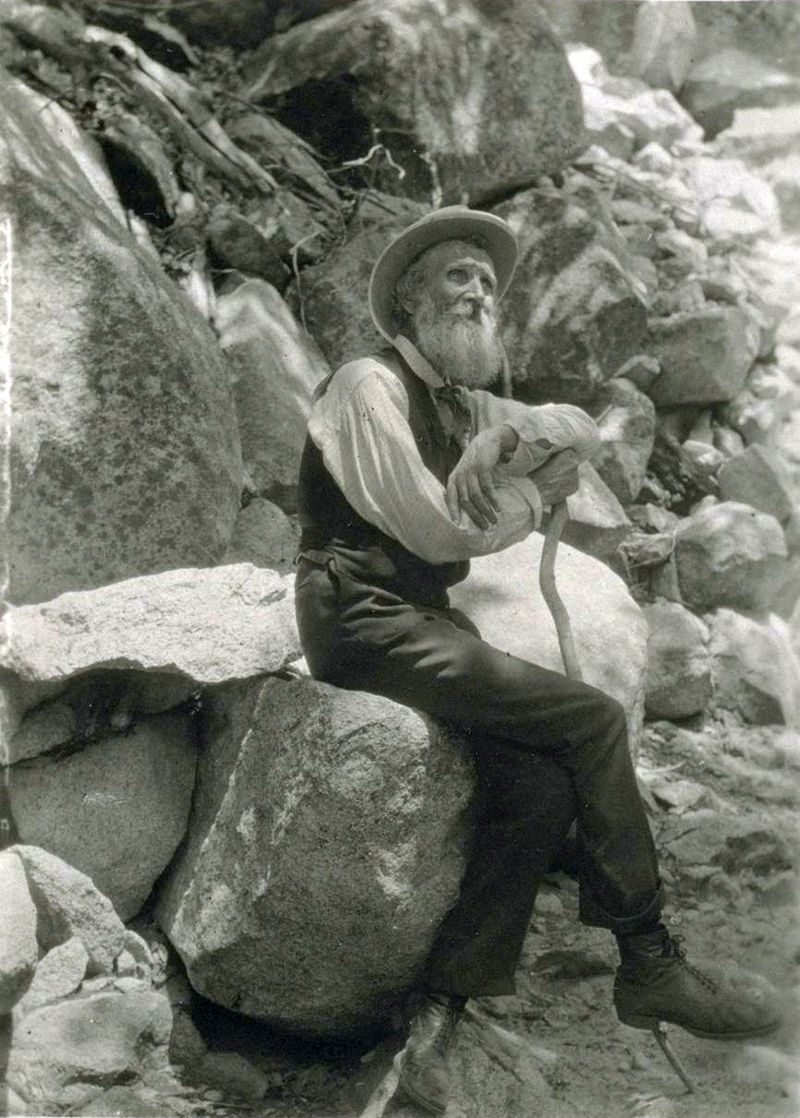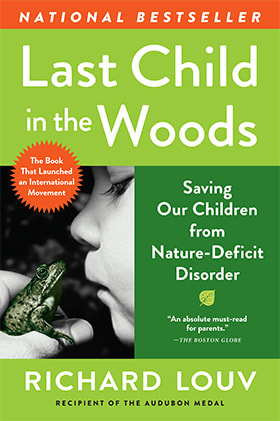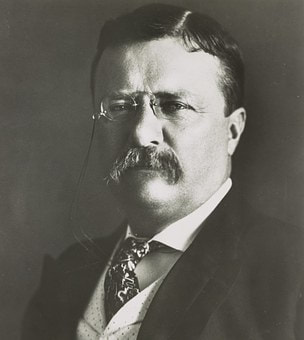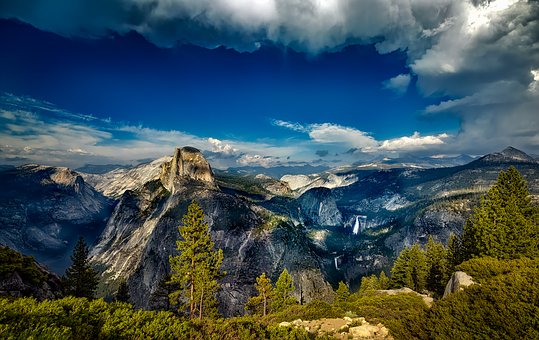Archived Blogs
|
We tend to believe that our generation is the first to make important observations about ourselves. For instance, I’ve been intrigued as I read articles that refer to a “Nature-Deficient Disorder”. Richard Louv introduced the term in his book, “Last Child in the Woods: Saving Our Children from Nature-Deficit Disorder.” It discusses the outcome when our children are not exposed to nature enough. Obesity and mental health disorders. This is what he says on his website: “The future will belong to the nature-smart—those individuals, families, businesses, and political leaders who develop a deeper understanding of the transformative power of the natural world and who balance the virtual with the real. The more high-tech we become, the more nature we need.” He wasn’t the first to notice that being in nature has a profound effect on us. Let me introduce to you John Muir. He lived from 1838 to 1914 and he was also affectionately called “John of the Mountains”. Born in Scotland, his family came to the United States when he was still a young boy. He was irregular in his class attendance with the exception of classes on botany and geology. On one of his first jobs he suffered an eye injury—serious enough to make him concerned that he’d never see again. Fortunately, after months of staying in the dark, his vision was restored. The experience had a profound effect on him, he left his job as a supervisor making wagon wheels and went for a walk. A thousand mile walk. He rambled in unmarked trails from Kentucky to Florida, eventually succumbing to a malaria infection that almost killed him. But that didn’t stop him from continuing to explore America’s wilderness. His work history was as “irregular” as his education. He worked in a saw milll, as an officer in the US Coastal Survey, managing orchards and taking care of sheep. Mostly, he was unemployed. So what makes this John Muir such a significant part of our history? He wrote essays that explored the majesty of nature and man’s relationship with it. His writing came to the attention of someone important. Theodore Roosevelt. Maybe it was this quote by Muir: "Living artificially in towns, we are sickly, and never come to know ourselves." That might have struck a nerve with President Roosevelt. He had been a delicate child who often suffered asthma attacks from the air pollution in Manhattan. Doctors had warned Roosevelt that he had a weak heart and he should stick to sedate activities. But, as my grandmother would say, Roosevelt was hard-headed, and instead of staying in bed as he was told, he started exercising and spending more time outdoors. He developed a love for natural sciences. After reading about their mutual interests, Roosevelt wrote to Muir and asked if they could get together. Muir agreed and then took Teddy Roosevelt to his favorite place in the world—the Yosemite wilderness. “The mighty Sierra, miles in height, and so gloriously colored and so radiant, it seemed not clothed with light, but wholly composed of it, like the wall of some celestial city.” The night was clear, they set up camp under a tree thought to be 2,500 years old, ate fried chicken and drank black coffee by the fire. They talked for hours. In the following days, Roosevelt ditched the 40 blankets that were supplied by his aides and learned to rough it like Muir. Together they weathered snow storms and each other (they found each other annoying at times). In the end, Roosevelt came back to Washington enthusiastic about conserving America’s forests and wilderness. According to Wikipedia, Theodore Roosevelt signed “into existence five national parks, 18 national monuments, 55 national bird sanctuaries and wildlife refuges and 150 national forests.”
He described the importance of the conservationist movement in a speech: “We have become great because of the lavish use of our resources and we have just reason to be proud of our growth. But the time has come to inquire seriously what will happen when our forests are gone, when the coal, the iron, the oil and the gas are exhausted…” “…It is time for us now as a nation to exercise the same reasonable foresight in dealing with our great natural resources that would be shown by any prudent man in conserving and widely using the property which contains the assurance of well-being for himself and his children.” His words are still true today. John Muir, a man who couldn’t quite find a job to fit him, helped save our national parks because he recognized… "In every walk with nature one receives far more than he seeks." We have a lot of work to do, we have to change the way we're living. Decrease our waste. Decrease our emissions. Use more renewable resources. And….protect our wilderness. We can do it. "Between every two pine trees there is a door leading to a new way of life." Click here for more quotes by John Muir. Image of John Muir from Dec 1906. Public Domain
0 Comments
Leave a Reply. |
Archives
October 2020
Categories |
COPYRIGHT 2017 SUSAN BADARACCO | Site Credits





 RSS Feed
RSS Feed